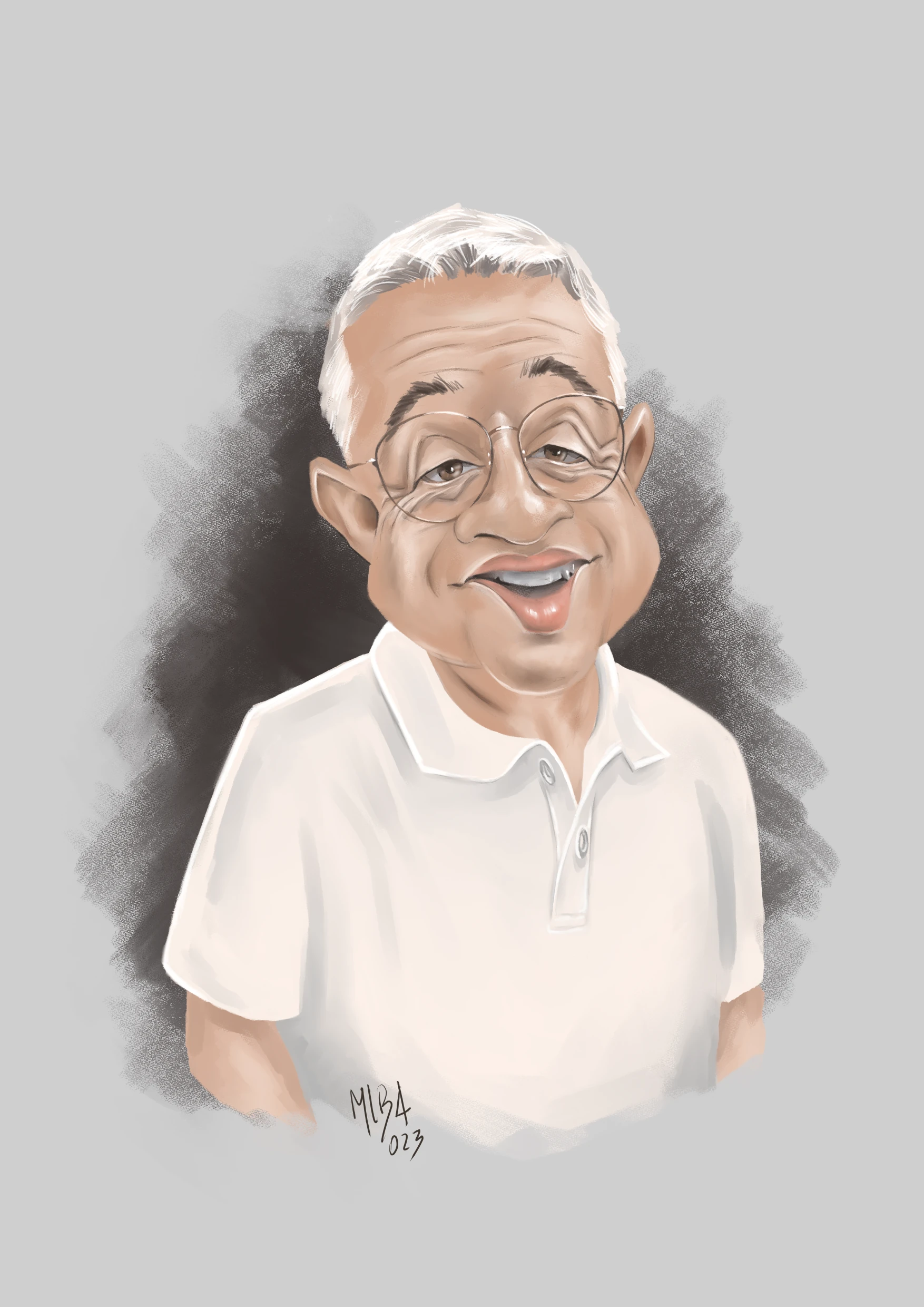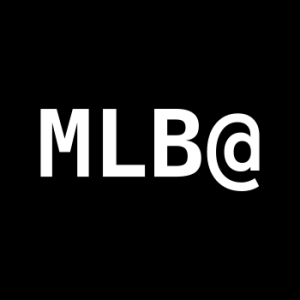
Anonymous, often represented by the iconic Guy Fawkes mask, is a loosely organized and decentralized collective that gained global recognition for its activism, hacktivism, and advocacy for free speech, privacy, and social justice. Operating under the banner of “Anonymous,” members are united by their commitment to challenging perceived injustices, exposing corruption, and promoting transparency. While Anonymous has been both praised and criticized for its actions, its impact on digital culture and social movements cannot be denied.
Originating on internet message boards and forums, Anonymous lacks a centralized leadership structure or formal membership criteria. Instead, individuals or groups, often self-proclaimed “hacktivists,” participate by carrying out online actions, often involving digital protests, information leaks, and distributed denial-of-service (DDoS) attacks. These actions are typically executed under the banner of Anonymous and are characterized by a distinctive visual identity—the Guy Fawkes mask—that has become synonymous with the collective.
Anonymous first gained significant attention in the mid-2000s with its participation in various campaigns and protests. One of its early notable actions was Project Chanology in 2008, which targeted the Church of Scientology. This campaign aimed to expose alleged abuses within the organization and bring attention to the Church’s practices. In the years that followed, Anonymous expanded its scope, engaging in activities ranging from opposing internet censorship and promoting freedom of expression to supporting various social justice causes.
However, the decentralized nature of Anonymous also means that its actions can vary widely in terms of intent and impact. While some campaigns have focused on legitimate social and political issues, others have involved illegal activities, causing damage to websites and systems. This ambiguity has led to divided opinions about the group’s actions, with supporters viewing them as necessary tools for challenging authority and promoting change, while critics see them as anarchic and potentially harmful.
One of the group’s most significant contributions has been its involvement in the Arab Spring uprisings that swept across the Middle East and North Africa in the early 2010s. Anonymous provided technical assistance, advice on internet security, and helped amplify the voices of activists and dissidents through its digital platforms. The collective’s actions contributed to raising global awareness of the movements and the challenges faced by those involved.
Anonymous’ impact extends to its involvement in whistleblower-related activities. Notable instances include the support provided to Chelsea Manning, who leaked classified military documents, and Edward Snowden, who revealed the extent of mass surveillance by intelligence agencies. Anonymous’ actions in these cases emphasized its commitment to freedom of information and its willingness to challenge powerful institutions in the name of transparency.
Despite its influence, Anonymous has faced criticism for its lack of accountability and the potential for actions to escalate beyond their intended consequences. Because there is no centralized authority to direct or oversee its activities, it is possible for individuals or splinter groups to carry out actions that may not align with the original ideals of the collective.
In recent years, the visibility of Anonymous has diminished, and its activities have become less prominent. This could be attributed to increased scrutiny from law enforcement agencies, internal disagreements, or changes in digital activism dynamics. While the collective’s influence has waned, its legacy as a pioneer in digital activism and hacktivism remains.
In conclusion, Anonymous is a decentralized collective that has left a significant mark on the landscape of digital activism. Its actions, characterized by both legitimate social advocacy and controversial activities, have shaped discussions around freedom of expression, privacy, and accountability in the digital age. While its impact has waned in recent years, its legacy continues to influence the broader discourse on online activism and the potential of digital platforms to challenge authority and promote change.
